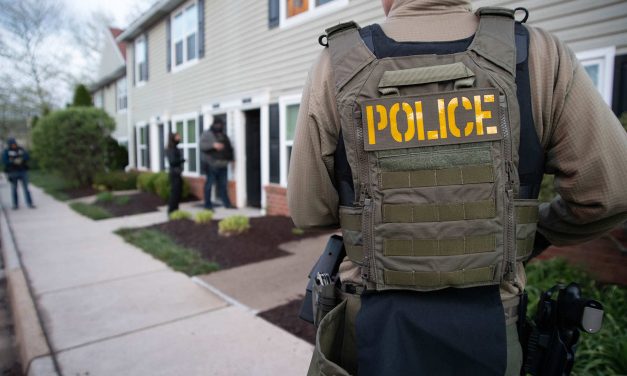Why Japanese anime draws from religious traditions to explore the struggle between duty and desire
By Ronald S. Green, Professor and Chair of the Department of Philosophy and Religious Studies, Coastal Carolina University I have spent years studying and teaching Japanese anime, exploring how its narratives intertwine with cultural, philosophical and religious traditions. One of the most compelling aspects of Japanese anime is its ability to merge thrilling action with deep spiritual and ethical questions. “Demon Slayer: Mugen Train,” which shattered Japanese box-office records for earnings and ended up as 2020’s highest-grossing film in the world, is a prime example of how anime engages with these profound themes. With “Demon Slayer” continuing its global...
Read More















